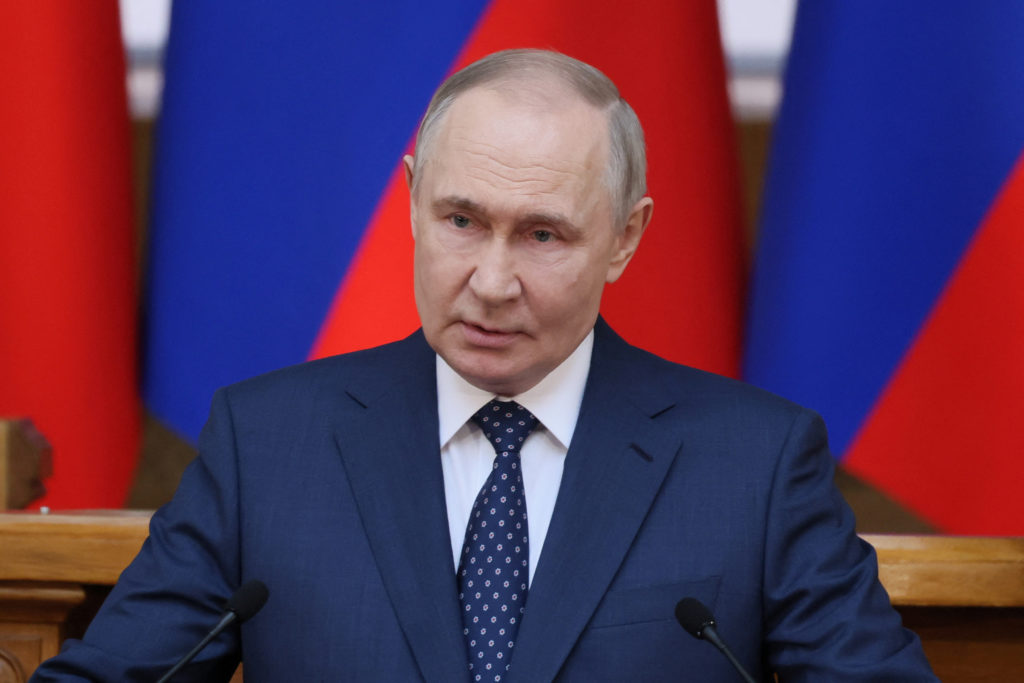In a significant development amidst the ongoing conflict in Ukraine, Russia has announced a 72-hour ceasefire scheduled for next week, coinciding with the observance of Victory Day on May 9. This annual commemoration holds profound historical significance for the Russian Federation, as it marks the defeat of Nazi Germany in World War II. The decision to implement a temporary halt in hostilities is seen as an attempt by the Russian government to emphasize a narrative of peace and reconciliation while simultaneously honoring the sacrifices made during the war. The ceasefire is expected to provide a fleeting opportunity for humanitarian efforts, enabling the delivery of essential aid and relief to those affected by the ongoing conflict.
However, the ceasefire’s effectiveness and sincerity are subjects of considerable debate among international observers and analysts. Critics argue that such temporary pauses in fighting often serve as strategic maneuvers rather than genuine efforts toward a lasting resolution. The situation on the ground in Ukraine remains fraught with tension, and skepticism persists regarding Russia’s commitment to a peaceful dialogue. As the world watches closely, the effectiveness of this ceasefire will be assessed not only in terms of immediate humanitarian relief but also in the broader context of prospects for a sustainable resolution to the conflict. It is a critical moment that could potentially reshape the dynamics of the ongoing war and influence future diplomatic engagements


